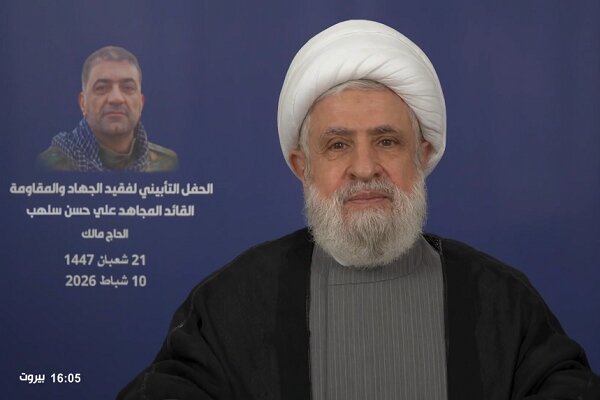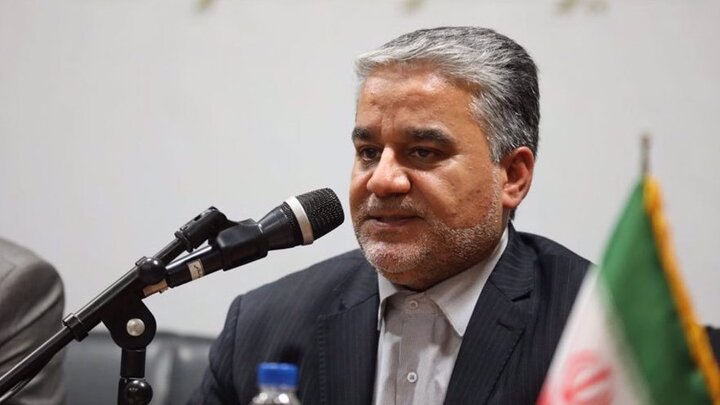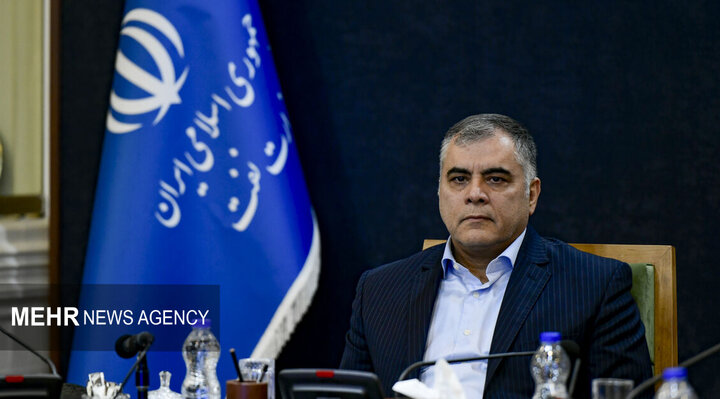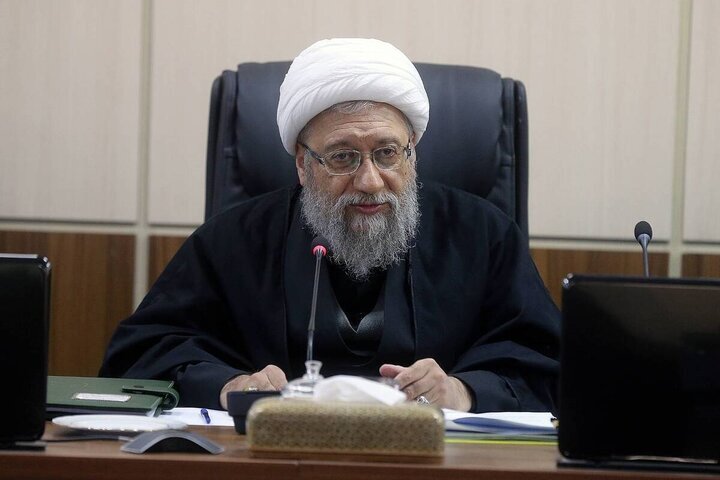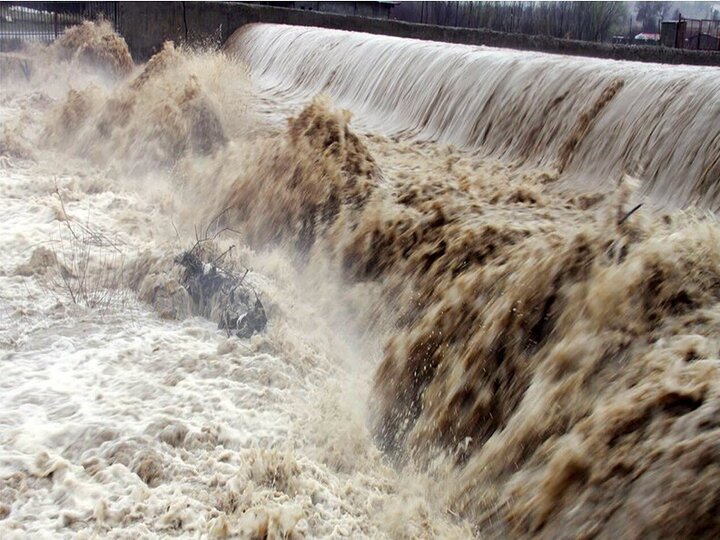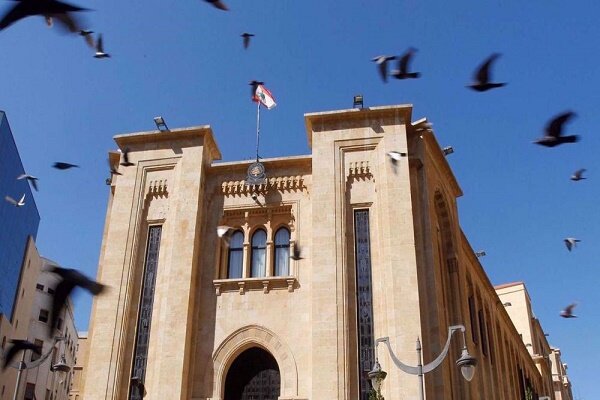
Following seven months of political haggling and economic crisis, parliamentarians gathered together in a new legislative session with the aim to elect a new president on Wednesday, but neither candidate had enough support to get across the line.
The two main candidates competing for the position were former Finance Minister and IMF senior official Jihad Azour and former Interior Minister and Marada Movement head Suleiman Franjieh.
Azour garnered 59 votes and Frangieh 51 in the 128-seat parliament. All lawmakers showed up for the election, but many left the chamber after placing their ballots in the box and quorum was lost before a second round of voting — where the winner only requires 65 ballots — was able to go ahead.
Hezbollah member of Parliament Hassan Fadlallah said only “consensus” would bring about a successful presidential election.
“We don’t impose (a candidate) on others, and we don’t want them to impose (one) on us,” Fadlallah told reporters before Wednesday’s session.
Analysts said the vote risked further entrenching a political stalemate, dimming hopes of saving the economy after three years of meltdown.
Former President Michel Aoun’s term ended in October of 2022 and since then, the nation’s lawmakers have been unable to reach an agreement as to who should replace him and assume the presidency.
Since that time, according to Lebanese constitutional law, Lebanon’s Prime Minister Najib Mikati’s transitional cabinet, a caretaker government with limited powers, has been to some extent carrying out the duties of the president in the Lebanese government.
MP/PressTV
